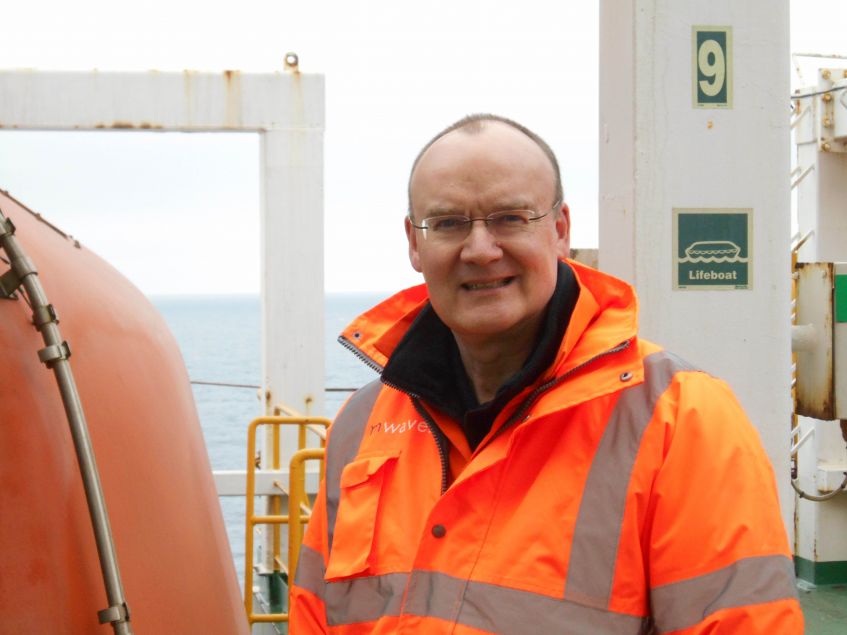Recent Posts
Marine Warranty Surveyor – Who They are and what They aren’t
Blog Post by: Captain Geoffrey English
January 18, 2019

For a start, a Marine Warranty Surveyor (MWS) is not one person or one discipline. The term “Marine Warranty Surveyor” relates to the requirements of an insurance policy, where the insured party warrants that they will engage a suitable organisation to review and approve the proposed operations (the Warranty) on behalf of the insurer. The MWS is essentially a risk mitigation method for the insurer to review the operation and ensure it is designed and proceeds according to the accepted standards and that it presents no undue risk other than that normally expected.
Against that background the MWS occupies a sometimes poorly understood position, that is often shrouded in misconceptions and can come under significant pressure from those whose interests he is representing. The commonest misconception is that the MWS is the agent of the underwriters – not so. Their Clients are the various companies launching offshore construction projects. They, in their turn, are usually obliged to secure all-risks insurance to cover the scope of their construction activities. Invariably incorporated within all-risks insurance, lurks the “warranty clause”. The clause requires a client organisation to retain the services of a warranty surveyor who will oversee various phases of a project and issue their approval of documents, specific operations and the suitability of vessels and equipment by review (documents), certificates of approval (project operations) and suitability inspections (vessels and equipment).
The warranty surveyor’s function, although they are retained by a project developer (or similar), is to provide an independent, high-level oversight of the above phases. Important however, is the premise that the warranty clause itself should be subject to interpretation by a client. The actual scope of MWS oversight, number of operational attendances within any particular project, is commonly arrived at by consultation between client and MWS utilising the latter’s experience with similar operations and projects.
Notably, and frequently misunderstood, is the that the MWS is not a consultant to the project. It is not their function to advise the client as to how operations should be conducted – this is a decision between the client and their appointed contractors. The MWS’s role is to examine the various project operations, determined by the client’s interpretation of the warranty clause, and make comments or recommendations as appropriate leading to approval of a document or procedure. This is followed up by attendance to witness the performance of operations, ensuring that they are conducted and completed in the pre-approved manner – signified by the issue of a certificate of approval (COA). Where there are to be a number of repeated, identical operations, attendances may only cover an agreed percentage of these, after which a COA approving repeat operations may be issued.
The line between consultancy and warranty is a fine one and can sometimes become blurred, especially in the instances where a smaller client does not possess the in-house resources or experience to deal with the minutiae of complex operations. In these cases, there may be a natural tendency to lean on the experience of the MWS for guidance in dealings with their contractor.
The MWS is ultimately part of the project team with the same aim, to complete the offshore construction safely and with no undue risks. The skilled and experienced MWS can therefore provide guidance to the project on potential methods, what works well and what doesn’t. This is quite common in the early stages of the project development and allows the MWS to add real value to the project, contrary to the common perception that the MWS is just an ‘auditor’ or someone ‘checking up on us’.

